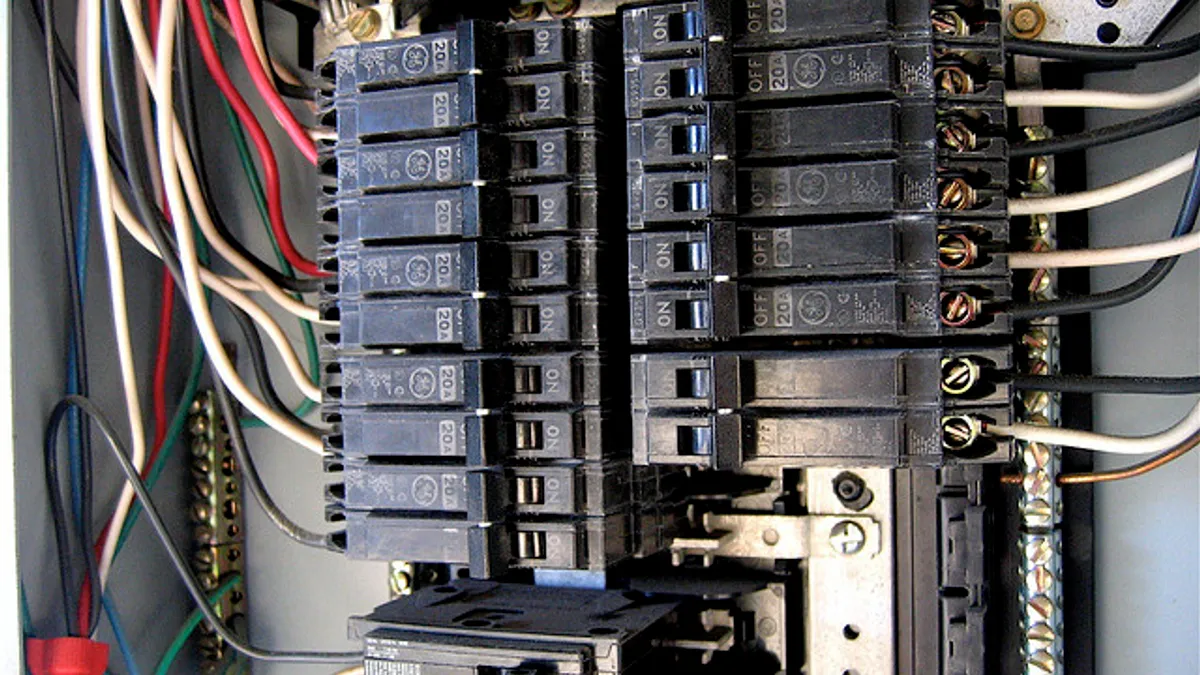New Jersey regulators at a July 26 open meeting approved a framework for utilities to submit building electrification plans, setting the stage for thousands of homes and businesses to install electric heat pumps.
“Today’s action sets the course for New Jersey’s energy efficiency future,” New Jersey Board of Public Utilities President Joseph Fiordaliso said in a statement.
New Jersey Gov. Phil Murphy, D, in February set a goal for the state to install emissions-free heating and cooling systems in 400,000 homes and 20,000 commercial properties or public spaces, and to make 10% of low-to-moderate income properties electrification-ready, all by 2030.
Utility plans must be filed with the BPU by Oct. 2, and implementation is planned for July 2024 through June 2027.
The new program will allow customers “to access their fair share of a huge pool of federal home efficiency and electrification incentives,” said Catherine Klinger, executive director of the New Jersey Governor’s Office of Climate Action and the Green Economy.
The BPU’s three-year building electrification program “is the strongest step to date to deliver a clean energy future for our homes and businesses,” Barbara Blumenthal, research director at the New Jersey Conservation Foundation, said in a statement.
The framework allocates more than $300 million over three years for residents and businesses to shift away from fossil fuels used for space and water heating, but actual budgets will be set by utilities and must be approved by the BPU. Utilities should seek to leverage Inflation Reduction Act tax credits and electrification rebates based on customer eligibility, BPU staff said at last week’s meeting.
“The BPU must build on these programs by working quickly to make billions in federal funding accessible to residents across the state,” said Eric Miller, director of New Jersey energy policy at the Natural Resources Defense Council.
The U.S. Department of Energy last week announced states can now apply for more than $8.5 billion in funding to reduce energy usage and electrify appliances in homes through a pair of rebate programs created by the Inflation Reduction Act.
There are opponents of the BPU’s electrification approach. While regulators say installing electric appliances is optional, state Senate Republican Leader Anthony Bucco believes the plan will eventually lead to a ban on gas stoves and other appliances.
“The Murphy administration doesn’t seem to care that people don’t want to replace their gas stoves or undertake expensive conversions to electric furnaces and water heaters,” Bucco said in a statement.
“I’m sick of the BPU saying they are merely offering ‘a choice’ regarding building decarbonization, when the only ‘choice’ is electrification,” Eric DeGesero, executive vice president of the Fuel Merchants Association of New Jersey, said in a statement.
Fiordaliso defended the BPU’s decision.
“Let’s be clear. We are not requiring. We are not mandating anyone to give up their gas stove,” the BPU president said at last week’s meeting. “We are not forcing you, anyone, to do anything in any way. I cannot emphasize more that we are not mandating anything. ... Those who tell you otherwise are wrong and spreading lies.”














